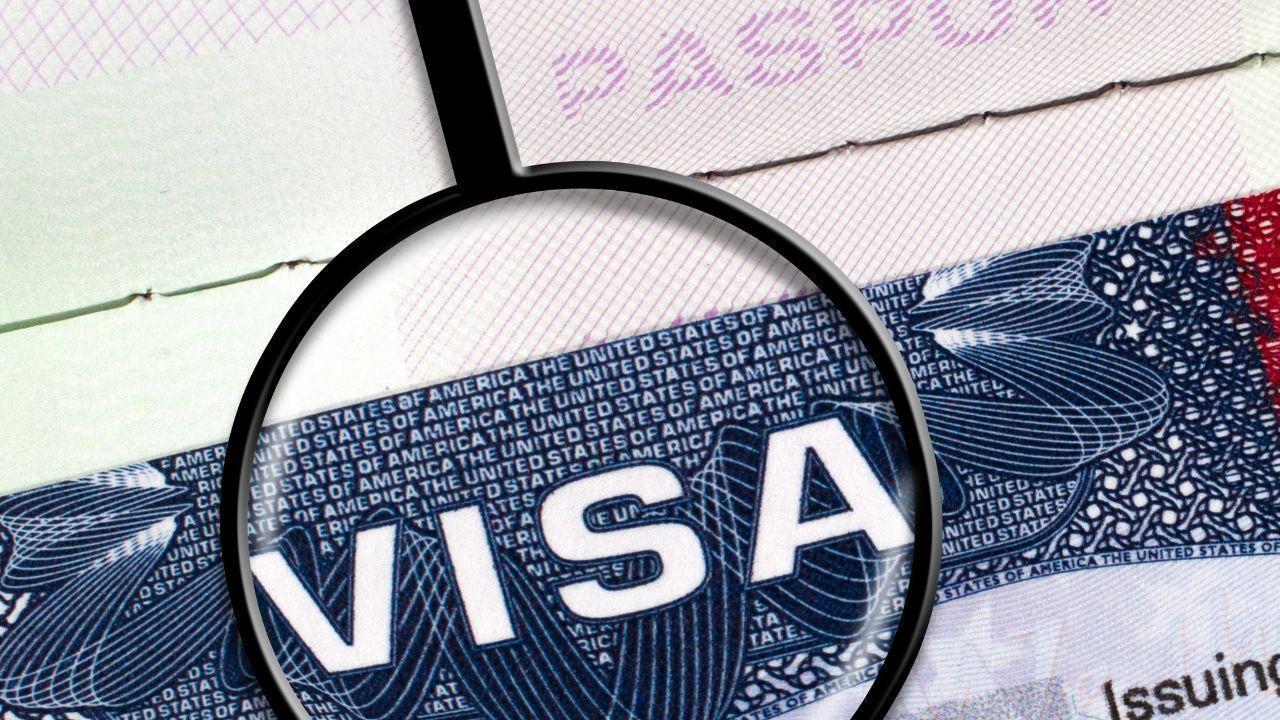



The U.S. State Department has resumed student and exchange visitor visa appointments, following a temporary suspension. However, the Trump administration has introduced significantly stricter vetting protocols, with a strong focus on applicants’ online activity and political views.
According to an internal State Department cable dated June 18, U.S. consular officers have been instructed to conduct “comprehensive and thorough vetting” of all F and J visa applicants. This includes detailed reviews of social media activity to identify individuals who may harbor “hostile attitudes” toward the United States, its citizens, or its core institutions and values.
Applicants are now required to make all social media profiles public. The cable warns that any attempt to limit access to online activity could be seen as a deliberate effort to hide information and might negatively affect the visa decision. Officers are also encouraged to search beyond social media—using search engines and other online resources to investigate an applicant's full digital footprint.
The policy shift comes after the Trump administration temporarily halted student visa interview scheduling on May 27 to reassess and expand vetting protocols. Secretary of State Marco Rubio stated that the move was intended to strengthen national security, and that the June 18 guidance provides updated direction to diplomatic missions worldwide.
The cable, first reported by Free Press, highlights that officers should pay close attention to signs of political activism, especially those linked to violence or views critical of U.S. foreign policy. One example cited in the guidance refers to an applicant who endorses Hamas—a designation that would be grounds for ineligibility.
The administration's stance has already led to the revocation of hundreds, potentially thousands, of visas, according to Rubio. He cited cases involving support for Palestinians and criticism of Israel as examples of activities deemed contrary to U.S. interests.
Education sector stakeholders have expressed mixed reactions. Ankit Mehra, Co-Founder and CEO of GyanDhan, said the resumption of interviews is welcome news but urged applicants to exercise caution:
“The added social media screening was expected. Students should avoid deleting content suddenly, as it could raise red flags. It’s best to be honest and prepared.”
Though visa processing is restarting, consulates have been advised to manage appointment volumes carefully. The increased time and resources required for thorough vetting may reduce the number of interviews that can be scheduled. However, priority will be given to exchange visitors in medical training and to student visa applicants from universities where international enrollment is below 15%.
U.S. missions have been directed to implement the new procedures within five business days.
#trending #latest

University Internships That Help You Get a Job After Graduation... Read More.

Is It Smarter to Start at a Community College... Read More.
 Fake posts hit Czech PM Fiala's X
Fake posts hit Czech PM Fiala's X
Fake posts disrupt Czech PM Fiala's X account security
 Switzerland Tightens Export Rules
Switzerland Tightens Export Rules
Switzerland expands export controls on dual-use goods
 Google unveils Ironwood AI chip
Google unveils Ironwood AI chip
Google introduces Ironwood chip to accelerate AI tasks & apps
 TSMC Q1 revenue up 42%
TSMC Q1 revenue up 42%
TSMC sees 42% revenue surge in Q1, surpassing forecasts
 Amazon CEO Outlines AI Vision
Amazon CEO Outlines AI Vision
Amazon CEO reveals AI investment plans in new letter
 Osaka Hosts World Expo 2025
Osaka Hosts World Expo 2025
Japan blends tech and culture at Osaka Expo 2025 launch
 A16z Plans Big Bet on AI Startup
A16z Plans Big Bet on AI Startup
A16z may lead huge round in ex-OpenAI CTO’s new AI firm.
© MyEduGoal. All Rights Reserved. Design by markaziasolutions.com